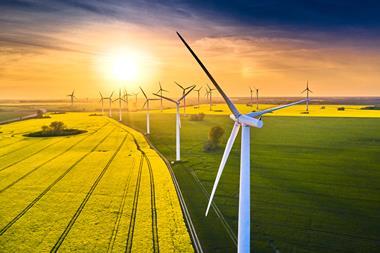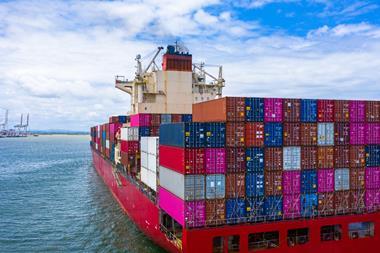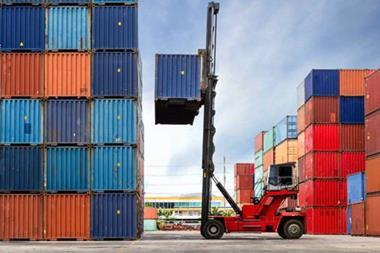Prioritising energy transition is a crucial response to the most severe energy crisis since the 1970s
A special report published by the World Economic Forum in collaboration with Accenture calls for urgent action from both private and public sectors to ensure a resilient transition as the world faces the most severe energy crisis since the 1970s.
High fuel prices, commodities’ shortages, insufficient headway on achieving the climate goals and slow progress on energy justice and access are of growing concern.
Prioritising a resilient energy transition and diversification of the energy mix is crucial in responding to energy market volatility.
To accelerate the transition to cleaner energy supply and demand, the report notes that more countries need to make binding climate commitments, create long-term visions for domestic and regional energy systems, attract private sector investors for decarbonisation projects and help consumers and the workforce adjust.
Time to double down
“Countries are at risk of future events compounding the disruption of their energy supply chain at a time when the window to prevent the worst consequences of climate change is closing fast,” said Roberto Bocca, head of Energy, Materials and Infrastructure, World Economic Forum.
“While there are difficult decisions to be taken to align the imperatives of energy security, sustainability and affordability in the short term, now is the time to double down on action.”
The report also reveals the structural barriers to balancing energy affordability, security and availability with sustainability.
This is due to compounded shocks to the energy system from a post-pandemic surge in energy demand, fuel supply bottlenecks, inflationary pressures and reconfigured energy supply chains as a result of the war in Ukraine.
Diversify energy sources
To navigate this challenging situation, countries must pursue diversification on two fronts – not only in the domestic energy mix in the long term but also in considering their fuels and energy suppliers in the shorter term.
Most countries rely on just a handful of trade partners to meet their energy requirements and have a deficient diversification of energy sources, providing limited flexibility to deal with disruptions.
Of 34 countries with advanced economies, 11 rely on only three trade partners for over 70% of their fuel imports.
“The current energy crisis reveals just how important energy is to people and the economy,” said Espen Mehlum, head of Energy, Materials and Infrastructure Programme for Benchmarking, World Economic Forum. “It is now critical to tackle the structural risks that have become evident while also increasing momentum on climate action.
“Success will largely hinge on policy and investments. Prioritising energy efficiency and ramping up investment in clean energy infrastructure, renewables, clean hydrogen and new nuclear capacity can strengthen energy system resilience and will be a win-win for reducing emissions.”




















No comments yet